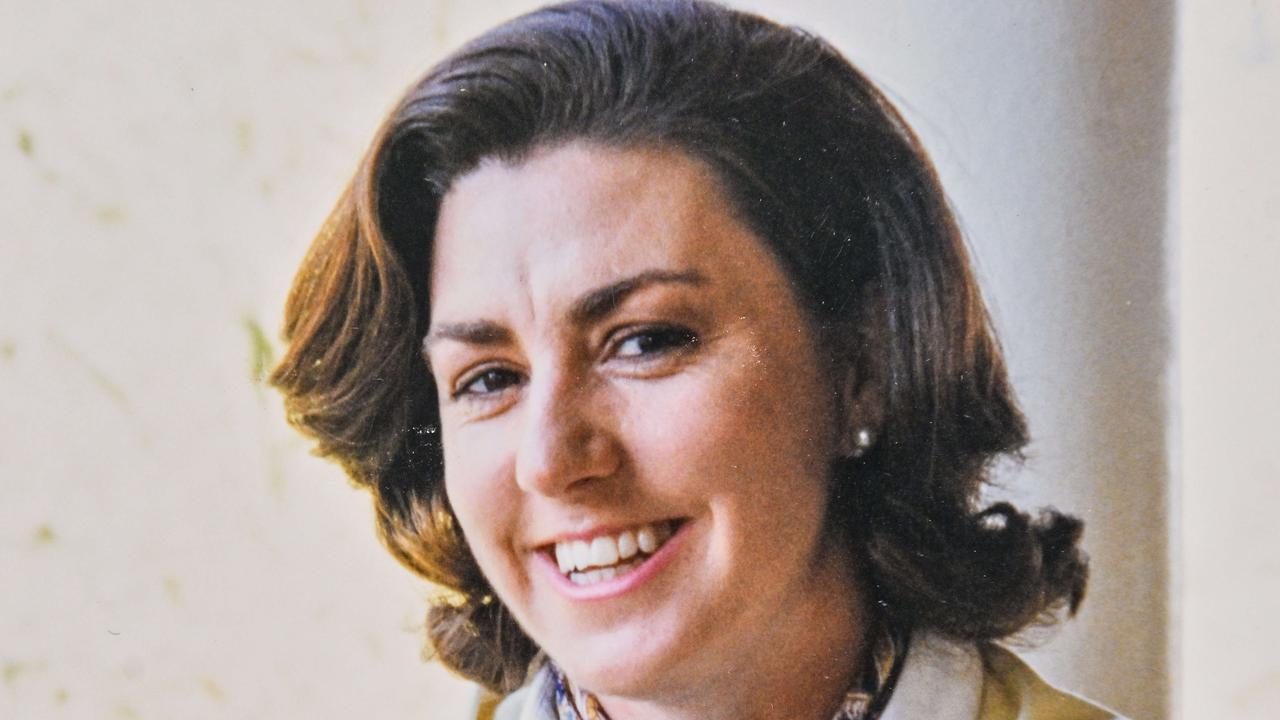‘Devastating’ NDIS changes slash music therapy funding leaving thousands unable to access the scheme
Music therapy gave four-year-old Arlo a voice after his parents were warned his severe autism meant he’d remain non-verbal. But now NDIS changes have slashed funding for the therapy.
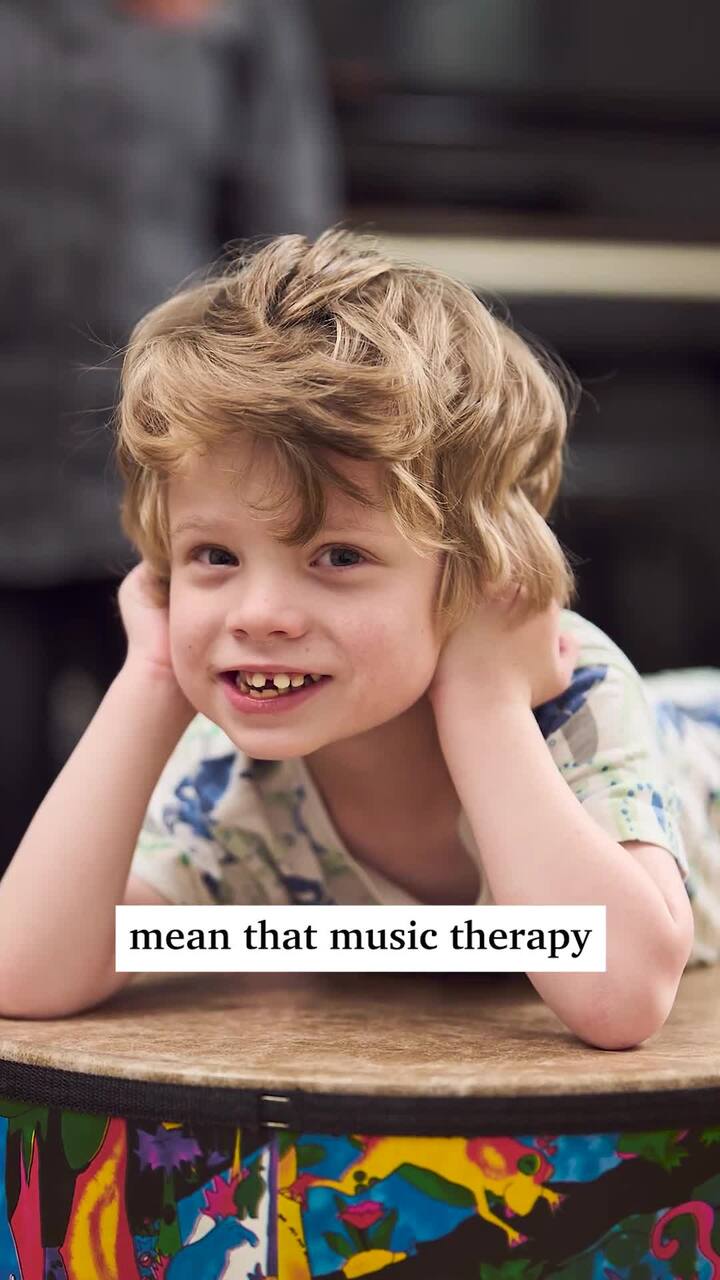
SA News
Don't miss out on the headlines from SA News. Followed categories will be added to My News.
It’s no exaggeration to say that music therapy changed four-year-old Arlo’s life.
Diagnosed with level 3 autism at two, his parents were told by doctors that their son would never speak and remain non-verbal for the rest of his life.
But it was through music therapy that Arlo was able to find his voice, learning to sing and speak despite all odds.
“We were told he would never talk and that he’d need support for the rest of his life,” mum Michelle Pearson said.
“(Music therapy) for my son is a really special thing for him.
“He’s learnt to talk a lot through music, and he’ll actually communicate his needs to us by saying the words of a song or singing.”
But funding support will be cut for the therapy under upcoming changes to the NDIS, impacting thousands of people who rely on the therapy like Arlo.
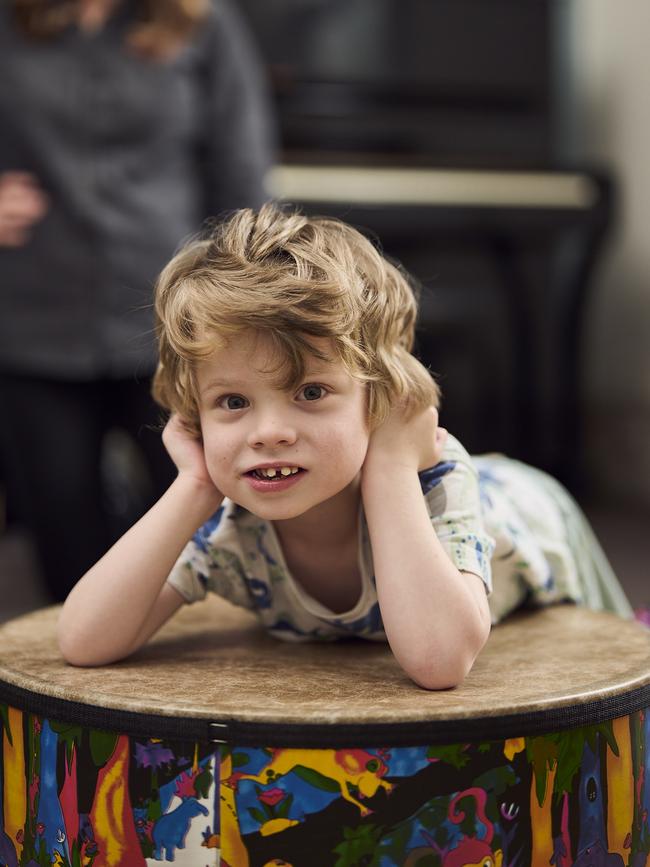
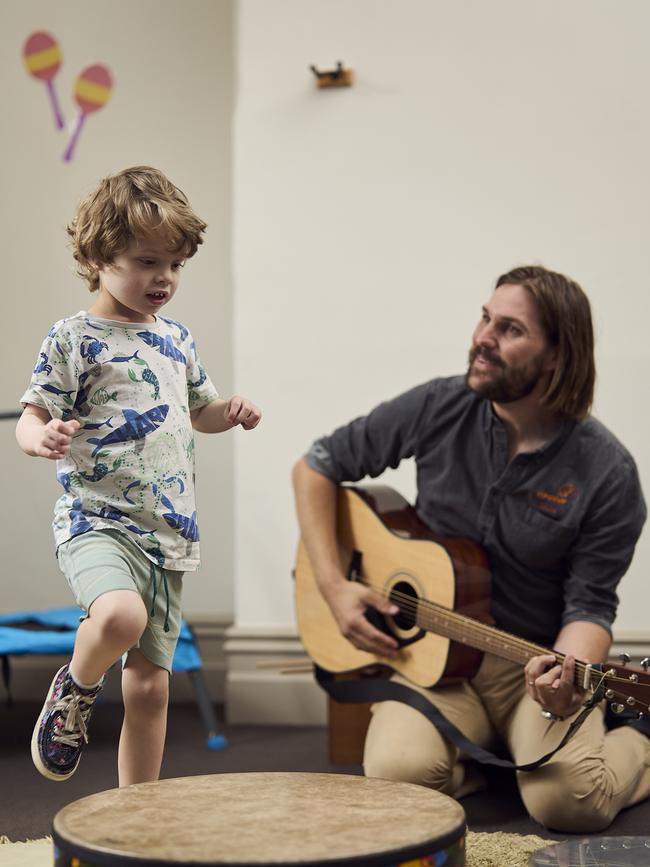
Starting February 1 next year, the National Disability Insurance Agency (NDIA), which runs the NDIS, will remove music therapy from the Capacity Building – Improved Daily Living category.
As a result, the standard rate of $194 an hour will only continue to be fully covered for those who can show the therapies improve or maintain their functional capacity, NDIS Minister Bill Shorten said.
Those who aren’t will only be able to bill the scheme $68 an hour.
For Arlo, this means he’ll no longer be able to afford his fortnightly sessions at Creative Therapy Adelaide which will have a huge impact, Ms Pearson said.
“Without music therapy, I think it’ll be a really, really big difference for our family (...) it’s the one therapy that my son easily engages with,” she said.
“I fear that we’ll see a regression with some of these new confidences that my son has around going into loud environments and that he’ll struggle with that, also I think we’ll see a regression in language.
“It’s actually quite offensive, that they think it should go into the arts and crafts category of community participation because he’s not sitting there painting a picture, he’s actually learning to talk and this is a really important skill.”
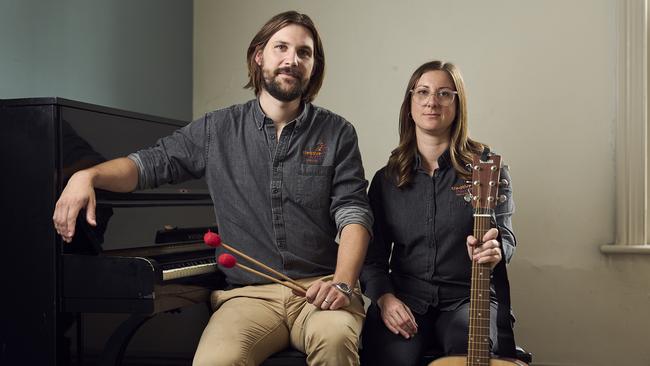
Creative Therapy Adelaide founder Natalie Oliveri said the decision was a “slap in the face” for not only those who relied on the service but for music therapists like her who knew the “proven” benefits of the service.
“We know so much about this stuff, we know how to apply it and we know how to make a difference in people’s lives,” she said.
“We’ve got a mum whose just posted on her Instagram (...) a video of her son saying his first words (because of music therapy) being able to support them means everything.
“It just sucks because it just means that people aren’t going to be able to access it.”
Australia’s peak body for music therapy, Australian Music Therapy Association (ATMA), criticised the “devastating” decision which they say was made without any consultation.
“The NDIA’s rushed decision to remove a vital therapeutic support from participants without warning, consultation or explanation shows a disturbing disregard for thousands of NDIS participants and a lack of understanding of the essential role music therapy plays in people’s lives,” ATMA SA branch co-chair Chelsea Laratro said.
A spokesperson for the NDIA said that “while art and music therapy remain permissible, they do not meet the evidentiary standards required to be classified as a ‘therapy’ under the definition of NDIS supports.”
“We understand that the evidence base in relation to art and music therapy is continuing to be developed, as it relates to disability-related support,” they said.
“In recognition of this the NDIA is referring art and music therapy to be assessed by the NDIS Evidence Advisory Committee (NDIS EAC).”
More Coverage
Originally published as ‘Devastating’ NDIS changes slash music therapy funding leaving thousands unable to access the scheme



